The danger is not that a particular class is unfit to govern. Every class is unfit to govern
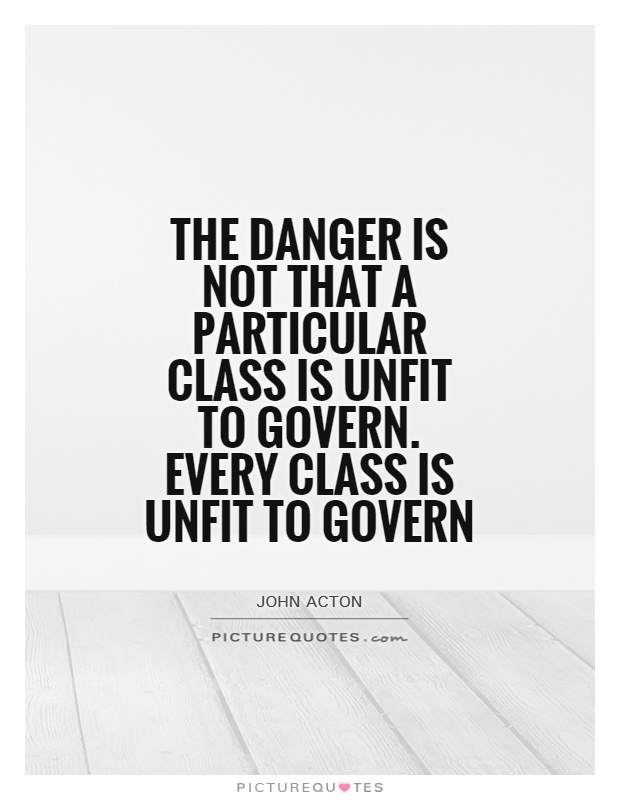
The danger is not that a particular class is unfit to govern. Every class is unfit to govern
John Acton, a prominent 19th-century historian and politician, famously stated, "The danger is not that a particular class is unfit to govern. Every class is unfit to govern." This statement reflects Acton's belief in the inherent flaws of any ruling class, regardless of their social status or background. Acton's words serve as a cautionary reminder that power can corrupt individuals, regardless of their intentions or qualifications.Acton's assertion challenges the traditional notion that certain classes or groups are inherently better suited to govern than others. He believed that no class, whether it be the aristocracy, the middle class, or the working class, is immune to the temptations and pitfalls of power. Acton understood that those in positions of authority are susceptible to corruption, abuse of power, and the erosion of moral principles.
Throughout history, there have been numerous examples of ruling classes that have failed to govern effectively and ethically. From monarchies to democracies, from oligarchies to dictatorships, power has often been abused and misused by those in positions of authority. Acton's words serve as a reminder that no class is exempt from the dangers of governance.
Acton's statement also highlights the importance of checks and balances in government. By acknowledging that every class is unfit to govern, Acton emphasizes the need for accountability, transparency, and oversight in political systems. Without proper mechanisms in place to hold leaders accountable, the potential for abuse of power and corruption increases.
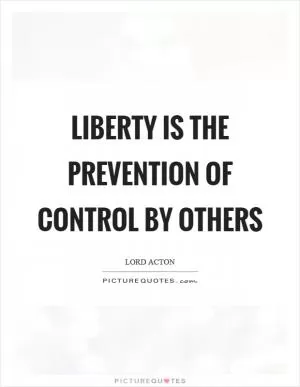


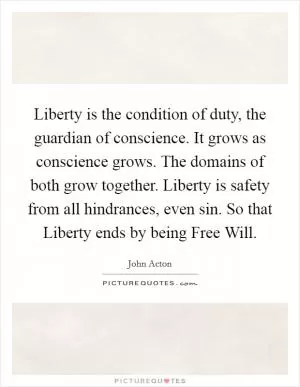
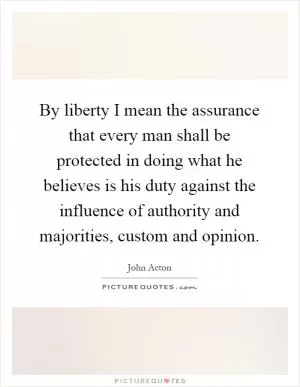
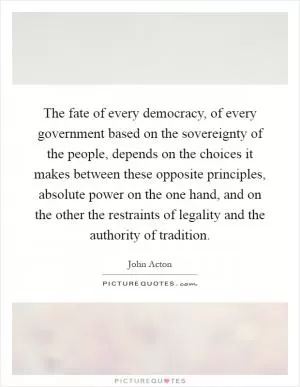

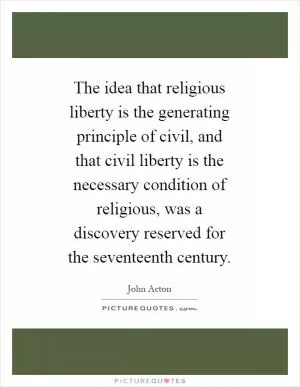




 Friendship Quotes
Friendship Quotes Love Quotes
Love Quotes Life Quotes
Life Quotes Funny Quotes
Funny Quotes Motivational Quotes
Motivational Quotes Inspirational Quotes
Inspirational Quotes